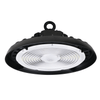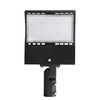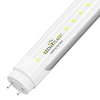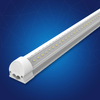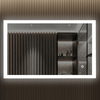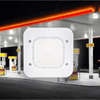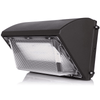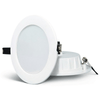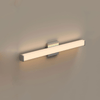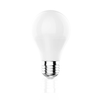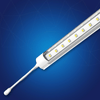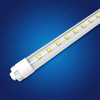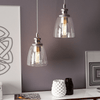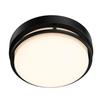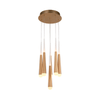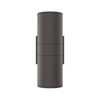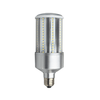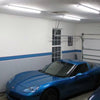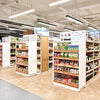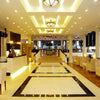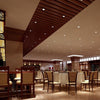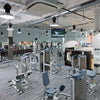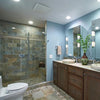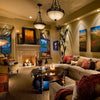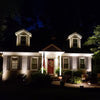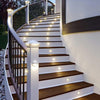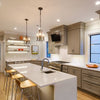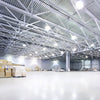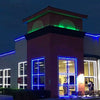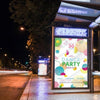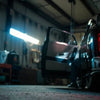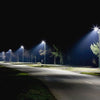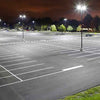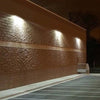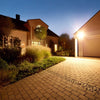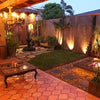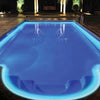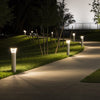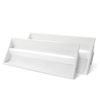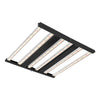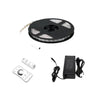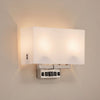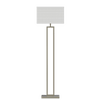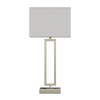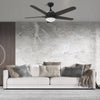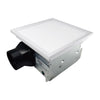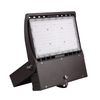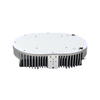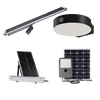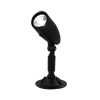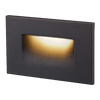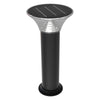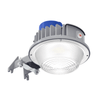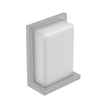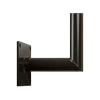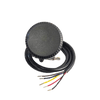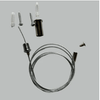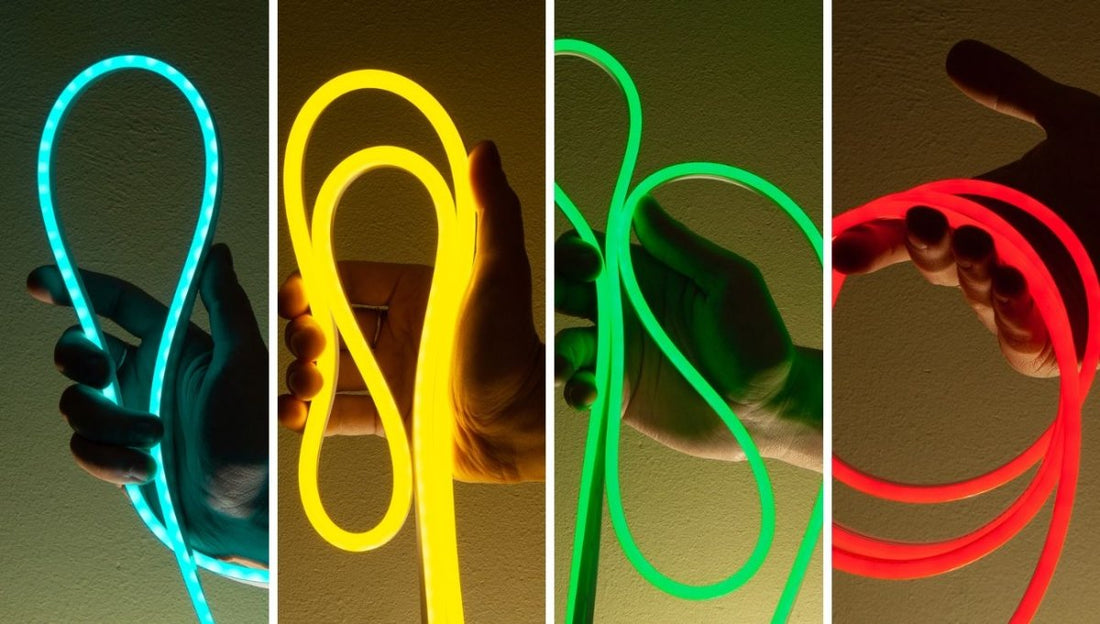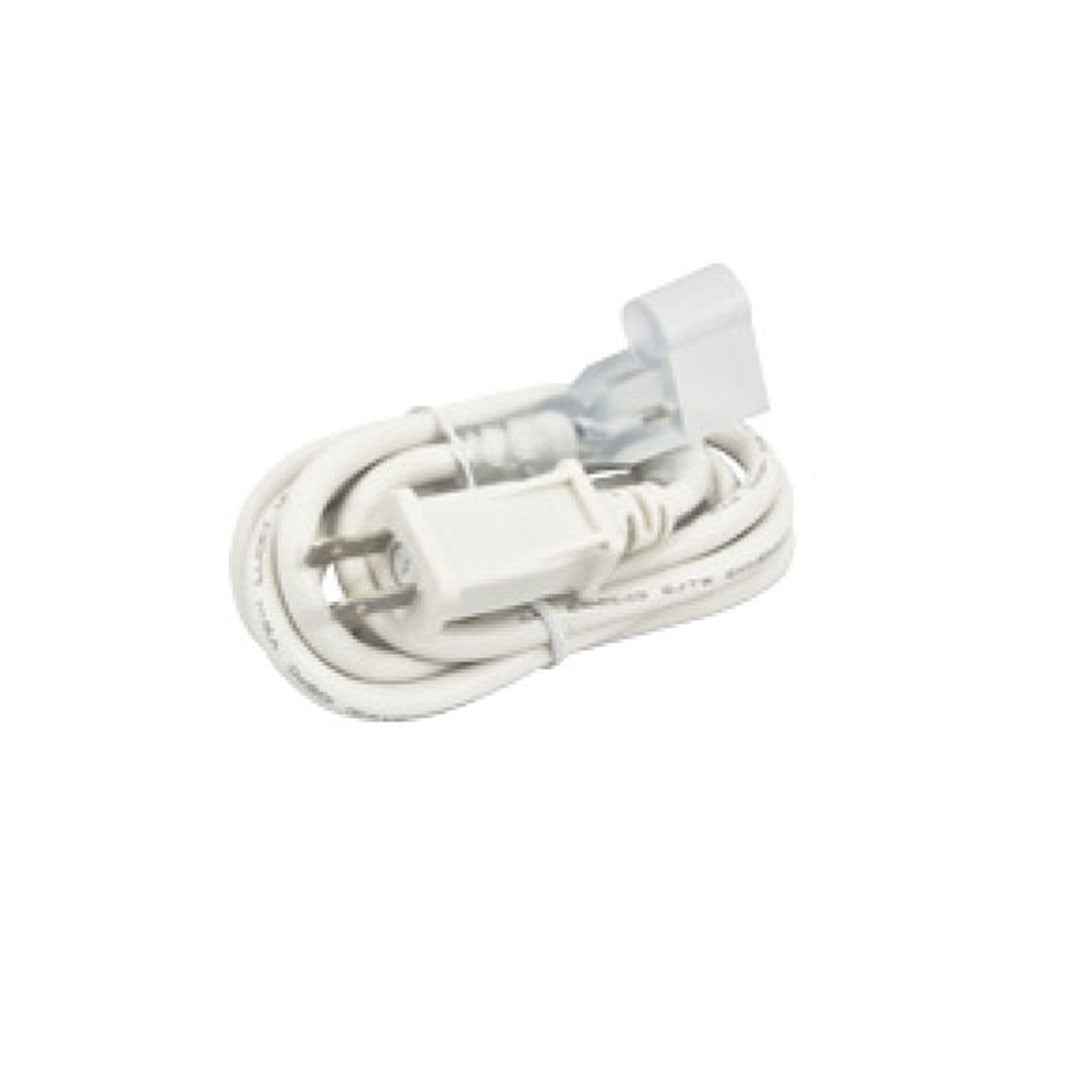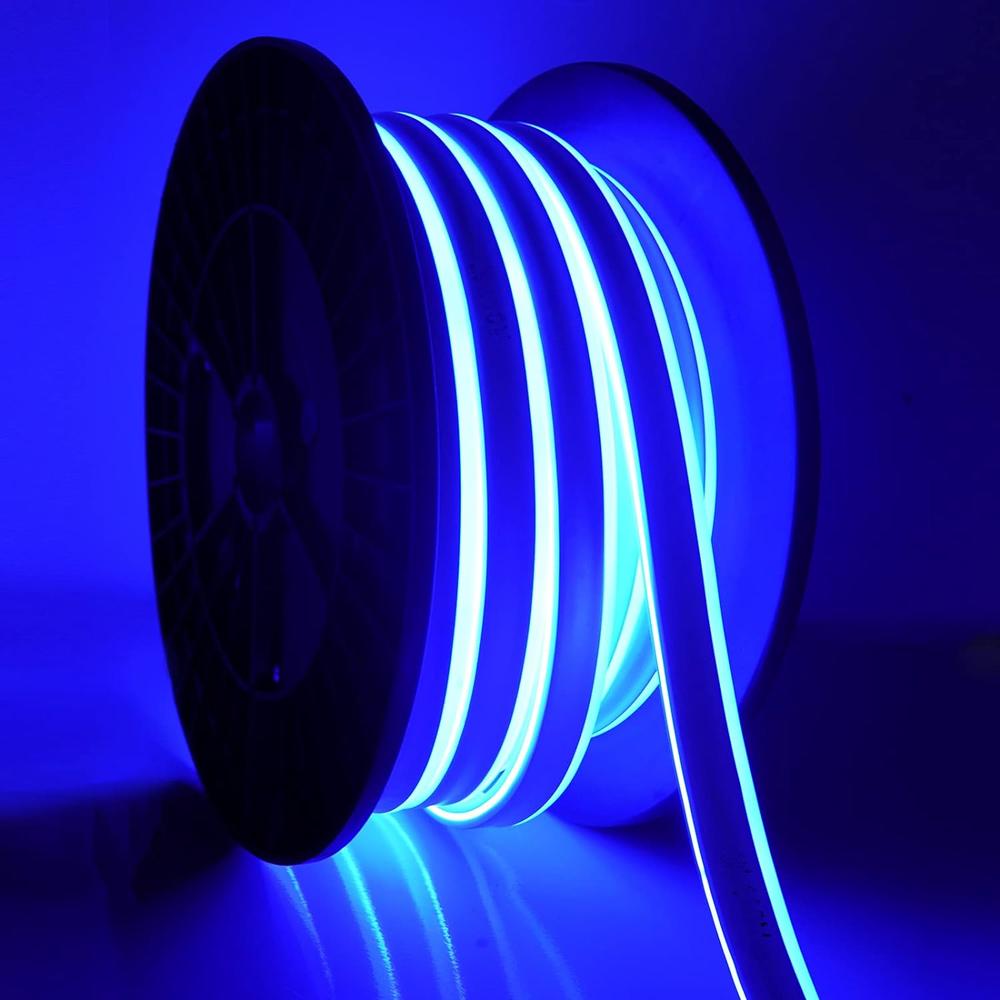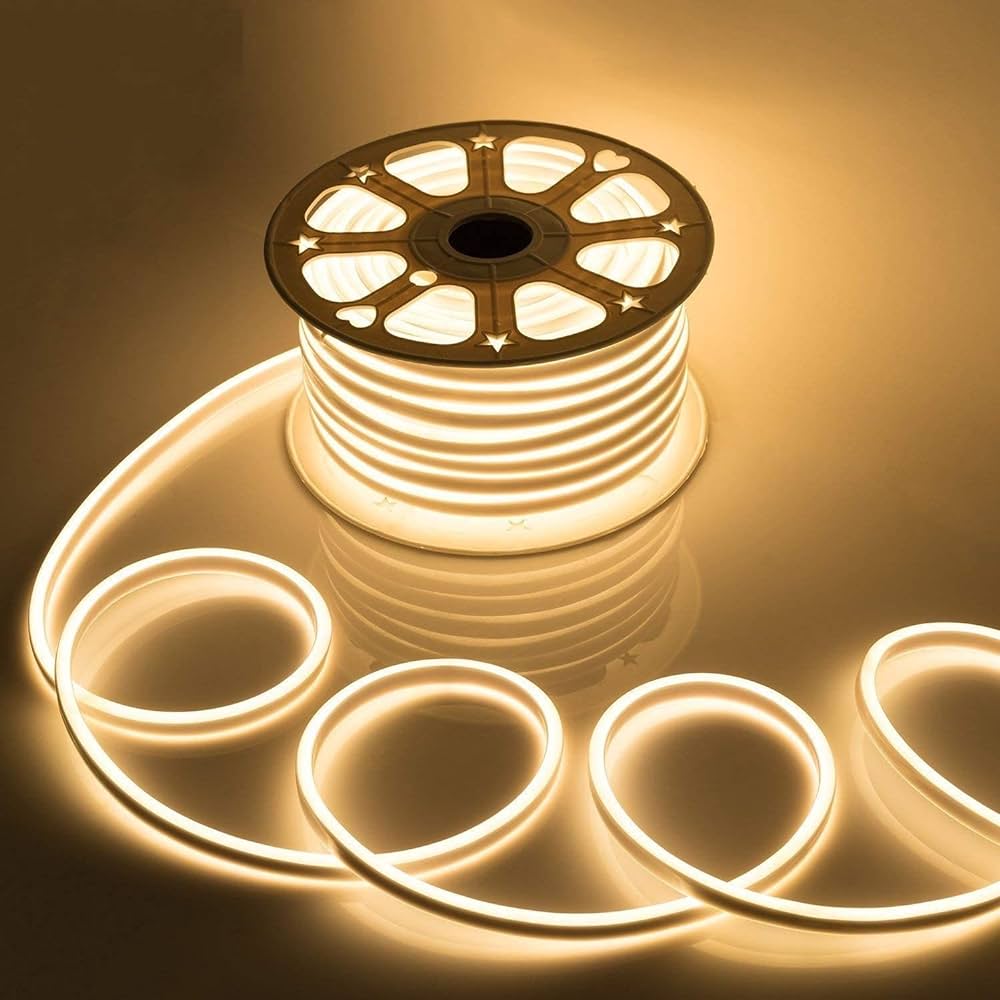Neon lights have long been a popular choice for adding vibrant and eye-catching illumination to various settings. However, with the advancement of technology, LED neon flex lights have emerged as a superior alternative to traditional neon lights. In this article, we will explore the advantages of using LED neon flex over traditional neon lights, focusing on their energy efficiency, durability, flexibility, safety, wide range of applications, and more.
1. Introduction
Introduce the topic by highlighting the popularity of neon lights and the emergence of LED neon flex lights as a modern alternative. Discuss the purpose of the article to educate readers about the advantages of LED neon flex lights.
2. Understanding LED Neon Rope Lights
Provide a brief explanation of LED neon rope lights, describing their structure, composition, and working mechanism. Highlight the use of LED technology and flexible silicone housing to create a neon-like lighting effect.
3. Advantages of LED Neon Flex
3.1 Energy Efficiency and Cost Savings
Explain how LED neon flex lights are significantly more energy-efficient compared to traditional neon lights. Discuss the reduced power consumption and the potential cost savings in electricity bills.
3.2 Durability and Longevity
Highlight the superior durability of LED neon flex lights, emphasizing their resistance to breakage, impact, and weather conditions. Mention the long lifespan of LED neon flex lights, requiring less frequent replacements.
3.3 Flexibility and Easy Installation
Discuss the flexibility and versatility of LED neon flex lights, making them easier to install and adapt to various shapes and designs. Explain the benefits of their lightweight construction and the availability of cutting points for customization.
3.4 Safety and Environmental Benefits
Address the safety advantages of LED neon flex lights, such as their low heat generation and reduced risk of fire hazards. Discuss their eco-friendliness, including absence of toxic gases, lower carbon footprint, and compliance with environmental regulations.

3.5 Wide Range of Applications
Explore the diverse applications of LED neon flex lights across different industries and settings. Highlight their use in architectural lighting, signage, interior decoration, outdoor displays, events, and more.
3.6 Maintenance and Upkeep
Explain the minimal maintenance requirements of LED neon flex lights compared to traditional neon lights. Discuss the absence of gas refilling, tube cleaning, and glass maintenance, resulting in lower maintenance costs.
3.7 Customization and Design Options
Emphasize the customization possibilities with LED neon flex lights, such as the availability of various colors, dimming options, programmable controllers, and remote control features. Discuss how these options allow for creative and personalized lighting designs.
4. Comparing LED Neon Flex to Traditional Neon Lights
Provide a comprehensive comparison between LED neon flex lights and traditional neon lights, summarizing the advantages discussed in the previous sections. Highlight the significant improvements in terms of energy efficiency, durability, flexibility, safety, and maintenance.
5. Conclusion
Summarize the key points of the article, emphasizing the numerous advantages of LED neon flex lights over traditional neon lights. Encourage readers to consider LED neon flex lights for their lighting needs, whether it's for commercial or residential purposes.
6. FAQ
-
Q: Are LED neon flex lights difficult to install?
- A: No, LED neon flex lights are designed for easy installation, and they come with user-friendly instructions.
- A: Yes, LED neon flex lights are suitable for outdoor use as they are weather-resistant and durable.
- A: LED neon flex lights have minimal maintenance requirements, saving you time and effort.
- A: Yes, LED neon flex lights usually have cutting points, allowing you to customize the length as per your requirements.
- A: LED neon flex lights are safe for children's rooms as they operate at low voltage and produce minimal heat.

